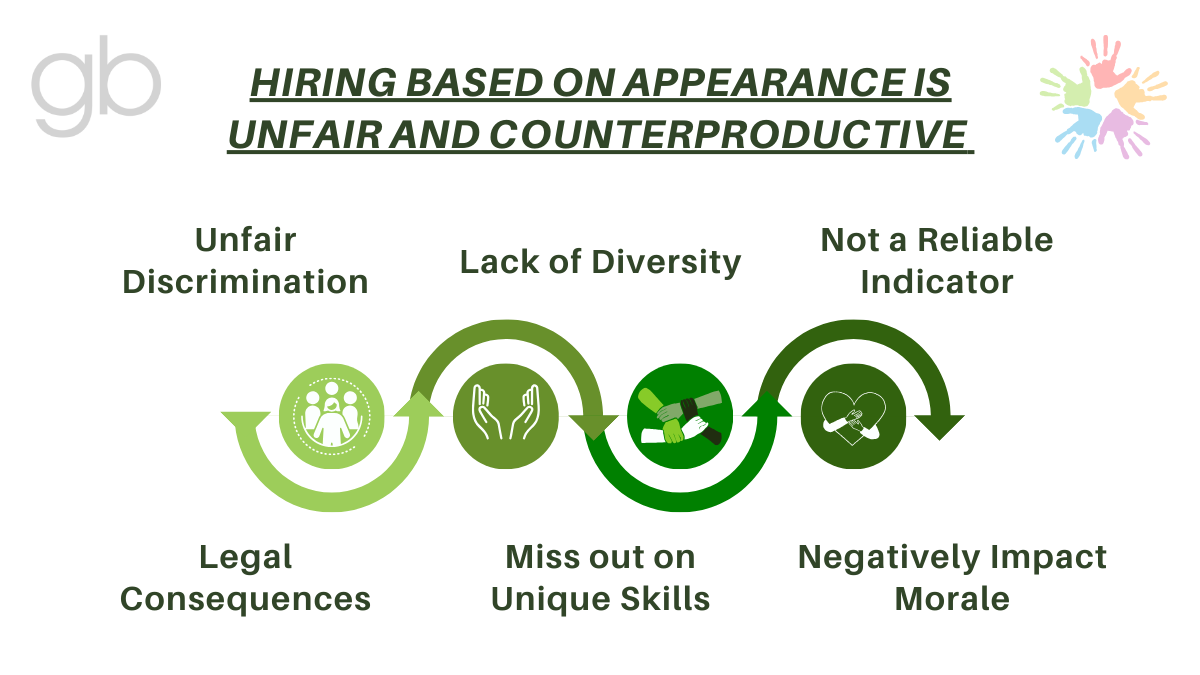Our top tips for including skills on your CV

When companies are looking to employ new staff, they will only be selecting CVs that match the specific skill set that is required to do the job. You could probably list a skill set as long as your arm but this won’t help your application if the skills aren’t related to the opportunity you’re applying for. Careful thought is definitely required here as well as the need to thoroughly understand the job you’re applying for and the required elements.
Below you will find our top tips for including skills on your CV:
Hard and Soft Skills…
There are lots of different kinds of skills you can add to your CV, but the two main types are hard skills and soft skills.
Hard skills
Hard skills are measurable and often learned on the job. Copy writing, programming languages, graphic design, SEO, marketing analysis are all hard skills.
Soft skills
Soft skills, also known as ‘people skills’, are generally harder to quantify, but it’s important you give your recruiter the opportunity to understand the transferable skills you have acquired. Soft skills will include things such as good communication skills, people management, decision making and multi-tasking.
Hard and soft skills should both be included in the skills section of your CV and can be listed as transferable or job-specific.
If you are applying for a job that is an exact fit to your current experience, your hard skills would be more relevant. But, if you are looking to change careers, listing your soft skills will be more beneficial.
For example, let’s say you are a Software Developer, but you are looking to change career, and would like to work in Customer Service. You will have soft skills relevant to this role, such as time management and communication skills. So these are what you should include in your CV, not the software programmes you have trained in.
Listing the skills on your CV
It is important to make your skills stand out so they catch the eye of a potential employer. Here are a few tips to keep in mind:
- List around 6 – 8 of your skills at the top of your CV under your personal profile in bullet format.
- Depending on the job you are applying for, you may wish to divide your skills into job-specific and transferable.
- Limit your list to only include applicable skills – The goal is to convince an employer that you can do the job with the skills you have, so make them count!
- Use current job-specific skills on your resume – Don’t include old IT languages and passé social media tools, it makes you look out of touch with current trends.
- Organise your skills into categories – Divide skills into major categories related to the position. For example, a Web Developer’s skillset could be divided into programming languages, software, design, and soft skills.
- List your important skills on more than one occasion through the body of your CV – Recruiters commonly use Applicant Tracking Software (ATS) and will run ‘keyword’ searches to look for relevant CVs. An ATS can count how frequently a keyword appears, and then rank the applications according to which resume contains the most keywords.
- Synonyms – If you are using synonyms in your CV, make sure you also provide the extended version as this might not be picked up by a less experienced recruiter. For example, if you are proficient in most SMM platforms it would pay to list this as Social Media Marketing, rather than SMM.
If you’re still not sure which of your skills best suit your CV or the job you’re applying for, then get in touch with our team of specialist consultants who will be happy to help you.




